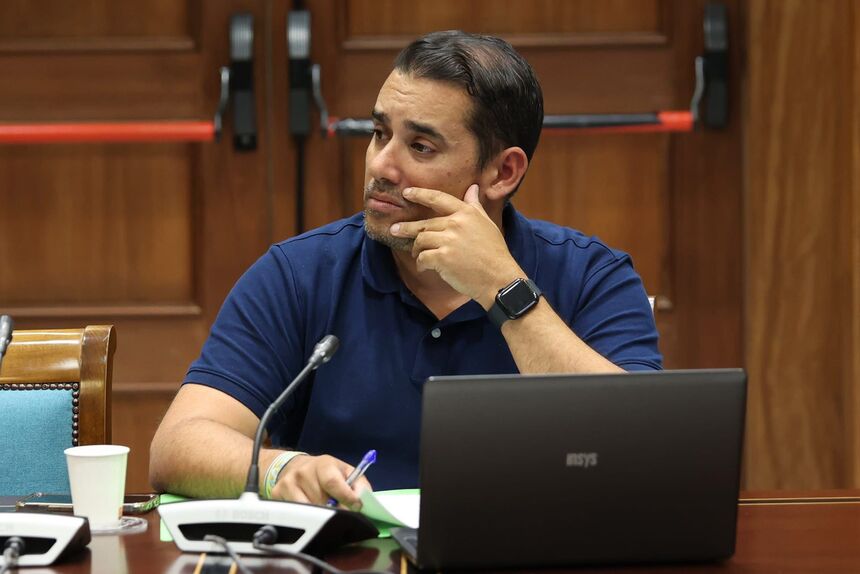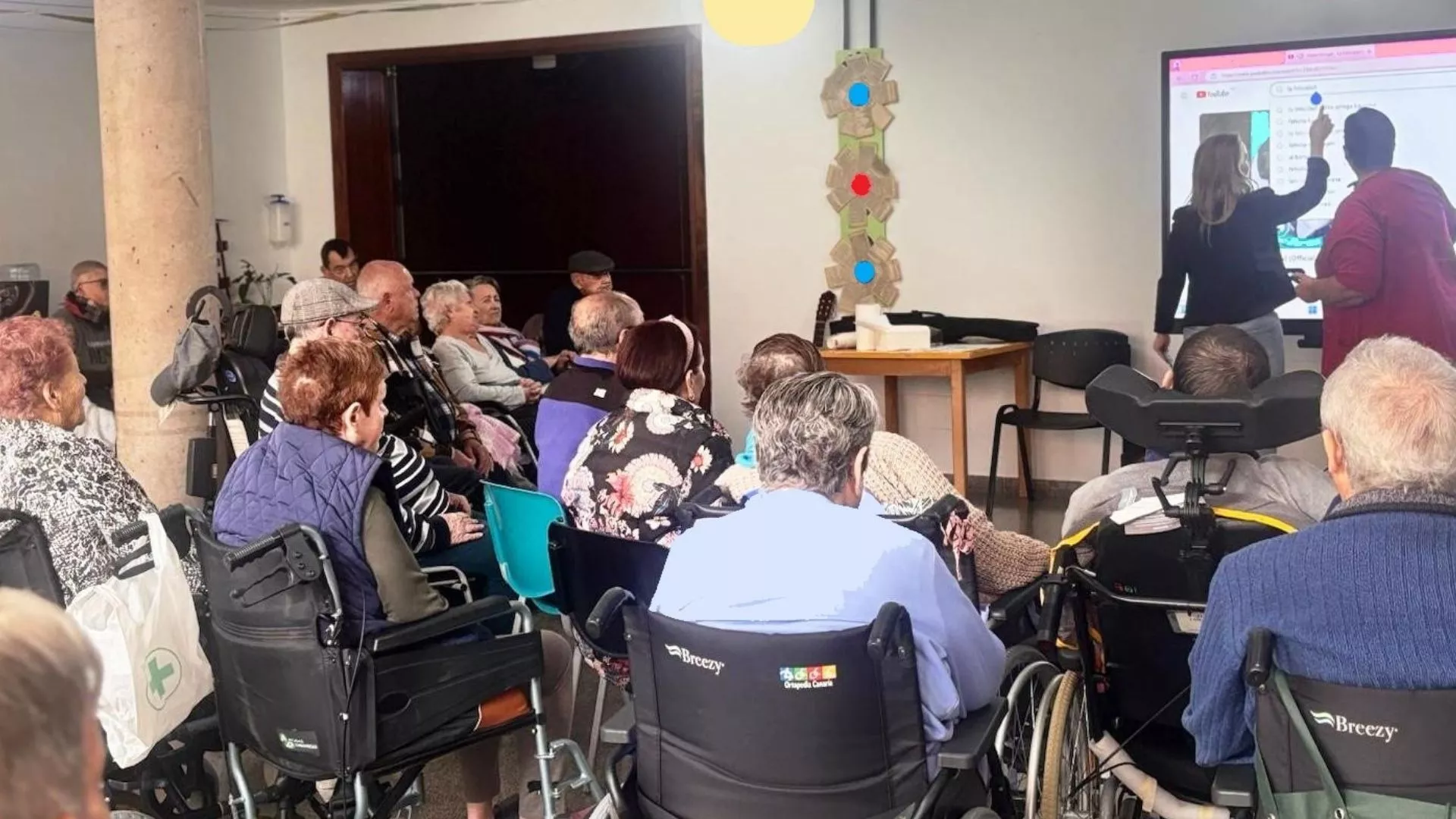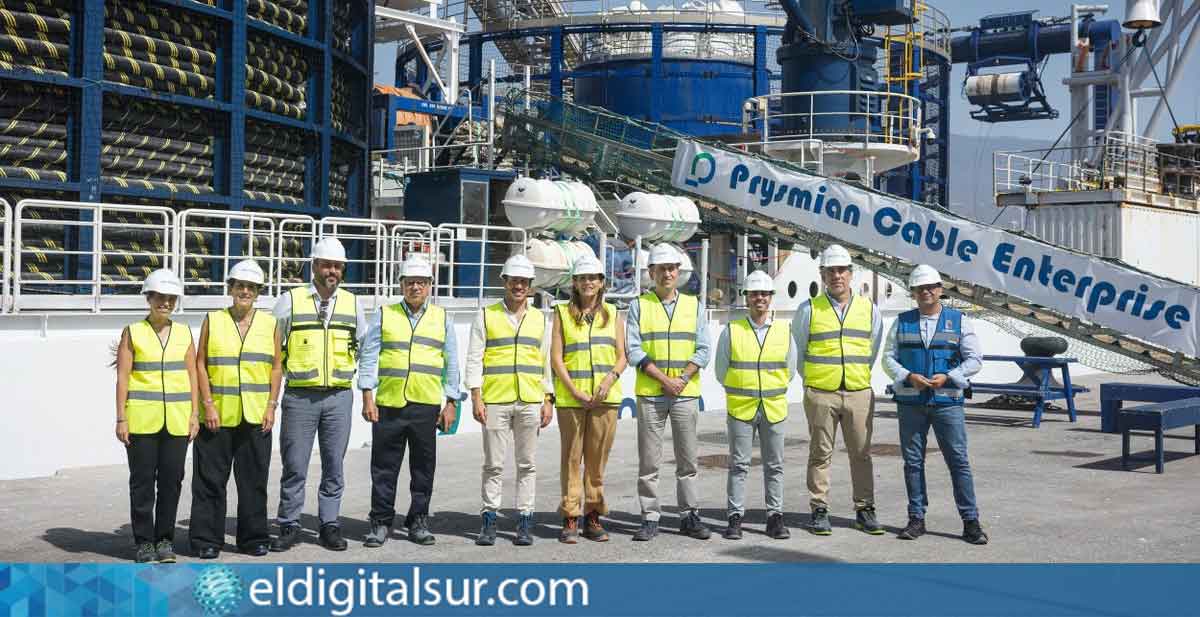The Cabildo Promotes Comprehensive Research to Enhance Prevention through the FARO Project
The island-wide prevention strategy will see the involvement of nine municipalities from September
The Cabildo of Tenerife, in collaboration with the University of La Laguna through its General Foundation and the Canary Health Service, is advancing its research strategy through the FARO project. This scientific approach allows for an in-depth understanding of the social context of the municipalities, ensuring that prevention actions effectively meet the real needs of the population.
The Councillor for Education in Prevention, Juan Acosta, explains, “This aspect of FARO is the most fundamental part of the entire project. It is a scientifically-backed evaluated process, grounded in innovation and knowledge transfer. For this purpose, the General Foundation of the University and the research team carry out highly relevant work, ensuring its effectiveness.”
FARO is an island-wide prevention strategy that, starting in September, will include the participation of nine municipalities, establishing itself as a reference programme on the island. In this context, the pillars of research, knowledge transfer, and innovation are crucial for its development and effectiveness.
For this work, FARO is supported by a team of six experts from the University of La Laguna in fields such as Social Work, Psychology, Sociology, Anthropology, Law, and Journalism. During the first five months of the project’s implementation, this collaboration has facilitated the development of various key research initiatives, which are fundamental to FARO. Highlights include a needs analysis identifying the characteristics and preferences of participants, context evaluation through the study of the social environment where prevention strategies are applied, and project monitoring that enables continuous assessment of the implementation process in participating municipalities to ensure efficacy.
Additionally, action research is being conducted to apply methodologies that optimise real-time prevention efforts, along with population analysis, which investigates both the potential target demographic and active participants. Finally, results measurement occurs through the tracking of key performance indicators (KPIs) such as potential reach, programme coverage, session intensity, and barrier management.
FARO employs an intense evaluation process to oversee a dynamic project capable of adapting and evolving according to identified needs and the social context. Moreover, it has established a collaboration through the PITE (Projects for Innovation and Educational Transfer) for the academic years 2025-2026 and 2026-2027, allowing students from multiple faculties to engage in practical activities related to FARO, thus fostering comprehensive education and direct experience in prevention projects.
Moreover, efforts are underway for FARO to further strengthen its fundamental research pillar, enhancing the integration of the academic community and facilitating knowledge transfer to generate innovative solutions that address the socio-health challenges faced by the island.
Research Endeavours
From September, the FARO project will intensify its research efforts, focusing on knowledge transfer and innovation. Initiatives will include the evaluation of results and impact through the measurement of the actual effects of preventive actions; university collaboration by integrating students through internships, final undergraduate or master’s projects, and doctoral theses; and the dissemination of knowledge through publications of guides, preventive resources, and other materials.
The FARO project continues to establish itself as a pioneering initiative in Tenerife, employing research as a fundamental pillar to design more robust prevention programmes tailored to the realities of the citizens of Tenerife.














